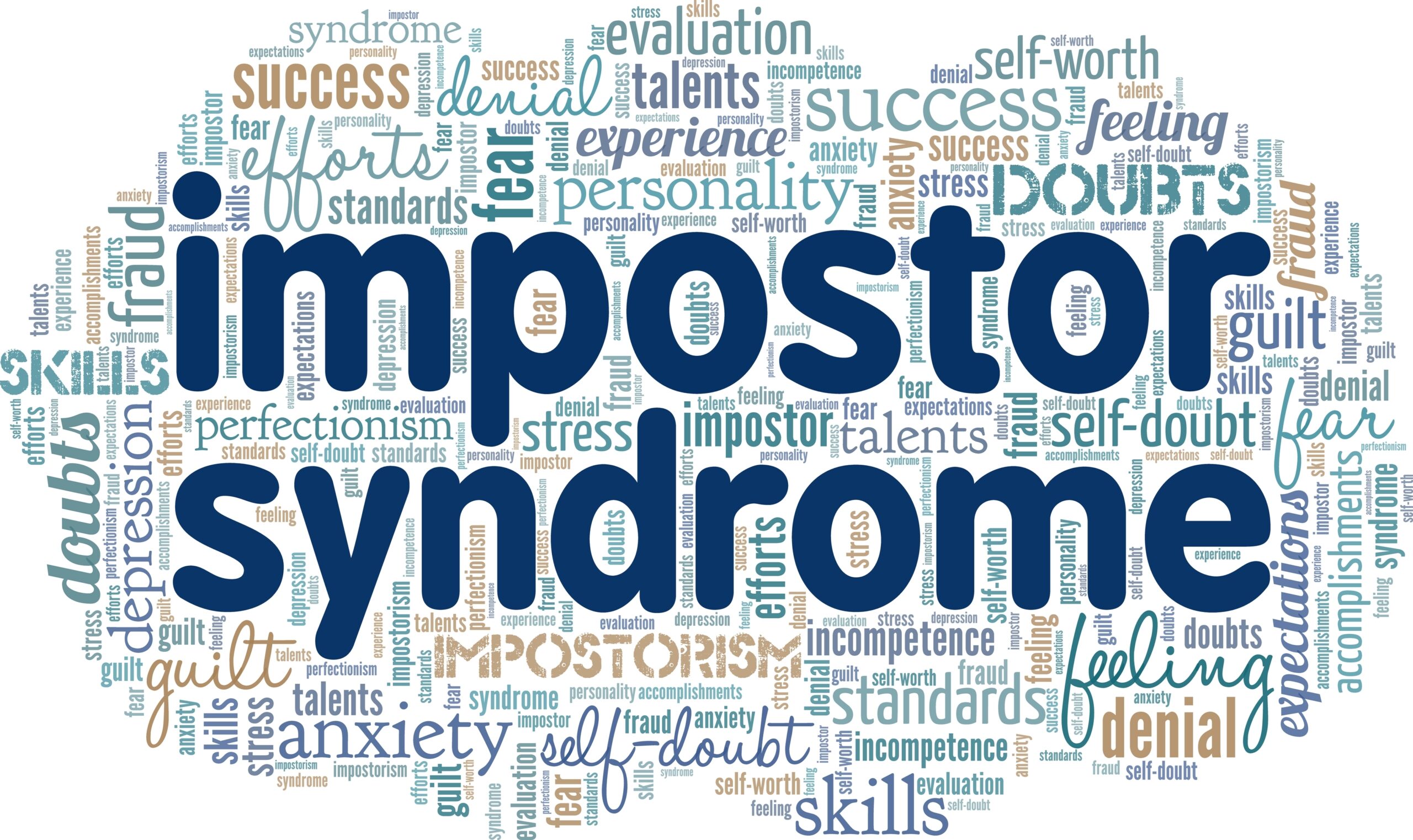


Physician burnout is a pervasive problem in the medical field, one that has only gotten worse during the COVID pandemic. When doctors are overworked and under constant pressure, exhaustion, negativity, and reduced effectiveness on the job frequently follow. According to survey data, burnout affects 44% to 80% of medical trainees and physicians, and is associated with “increased errors, higher patient mortality rates, depression, suicidal ideation, and high job turnover.” [i]
A group of researchers, noting that women in medicine are disproportionately affected by burnout, designed a study to investigate whether professional coaching could help reduce burnout and feelings of imposter syndrome. Their results offer convincing evidence that coaching can play a significant role in improving physician well-being.
The study worked with 101 female resident physicians in graduate medical education at the University of Colorado from January 1 through June 30, 2021. While the researchers had originally intended to limit their study group to 20 participants, they received 100 participation requests in response to their recruiting email. Half of the participants were randomly assigned to a six-month web-based group coaching program that included 2 weekly group coaching calls, unlimited anonymous written coaching in an online forum, and weekly self-study modules on topics including growth mindset, imposter syndrome, goal setting, receiving critical feedback, and perfectionism. Participation in any or all of these was voluntary. Control group members (those not assigned to the program) were given no intervention but were offered coaching at the conclusion of the study (from July to December 2021). All participants were given baseline and six-month studies to assess the impact of the intervention.
In the study, burnout was measured using the Maslach Burnout Inventory (MBI), which has three subscales: emotional exhaustion (EE), that is, feeling emotionally exhausted due to work; depersonalization (DP), detached and impersonal treatment of patients; and professional accomplishment (PA), beliefs around competence and success at work. Researchers also used other measures to evaluate the effect of the intervention on imposter syndrome and self-compassion as secondary outcomes.
Participants in the group tended to have similar issues that contributed to their feelings of burnout and imposter syndrome, such as troubles balancing medical training and family life, lack of feedback or poor feedback from supervisors, being expected to embrace unrealistic attitudes toward work, and being too hard on themselves. [ii] Many of these problems stem from toxic beliefs around work and appropriate ways of viewing one’s accomplishments. Often in the culture of healthcare environments, overwork is glorified, while it’s considered arrogant or egotistical to take pride in one’s expertise or successes.
Coaching uses questioning to identify patterns of thoughts and behavior, rather than giving advice as a teacher or mentor might. This inquiry around perceptions, beliefs, and habits gives participants the insight to manage thoughts, feelings, and actions to align their work with their personal values. In this study, the authors cited a group format as cultivating an atmosphere where vulnerability was normalized and traditional hierarchy was discouraged, as well as maximizing accessibility for a larger number of participants.
The results of their intervention speak for themselves. Coaching participants showed a significantly reduced mean EE (emotional exhaustion) score, while the EE score among the control group increased. Those who underwent coaching also showed improved scores on measures of imposter syndrome and self-compassion compared to those who did not. Given that a one-point increase in the EE scale has been associated with a 7% increase in suicidal ideation and a 5 to 6% increase in major medical errors, coaching is clearly a powerful tool for combatting physician burnout.
If you’re a physician struggling through burnout and wanting to recapture the sense of purpose and fulfillment you once felt in medicine, iRISE executive coaching can help. With individual coaching, group coaching, and team coaching options, we can work with you one on one or with colleagues to establish goals and enlist your strengths to reduce burnout and imposter syndrome. Because we specialize in working with healthcare professionals, we understand the unique stresses of the medical field and tailor our coaching to the realities of your day-to-day experiences. Burnout does not have to be inevitable—to find out more about how iRISE’s strengths-based coaching can help you improve your well-being and your effectiveness, contact us for your free initial consultation here.
[i] https://jamanetwork.com/journals/jamanetworkopen/fullarticle/2791968
 Preparing to Step Into CEO Roles
May 30, 2023
Preparing to Step Into CEO Roles
May 30, 2023
 Tackle Imposter Syndrome by Prioritizing This Relationship
May 12, 2023
Tackle Imposter Syndrome by Prioritizing This Relationship
May 12, 2023
 How Do You Know It’s Imposter Syndrome?
Mar 08, 2023
How Do You Know It’s Imposter Syndrome?
Mar 08, 2023
 Imposter Syndrome During a Job Transition
Jan 20, 2023
Imposter Syndrome During a Job Transition
Jan 20, 2023
 4 Strategies for A Successful Interview
Oct 19, 2022
4 Strategies for A Successful Interview
Oct 19, 2022
Please subscribe to receive a pdf of 15 Ways to Tackle Imposter Syndrome
